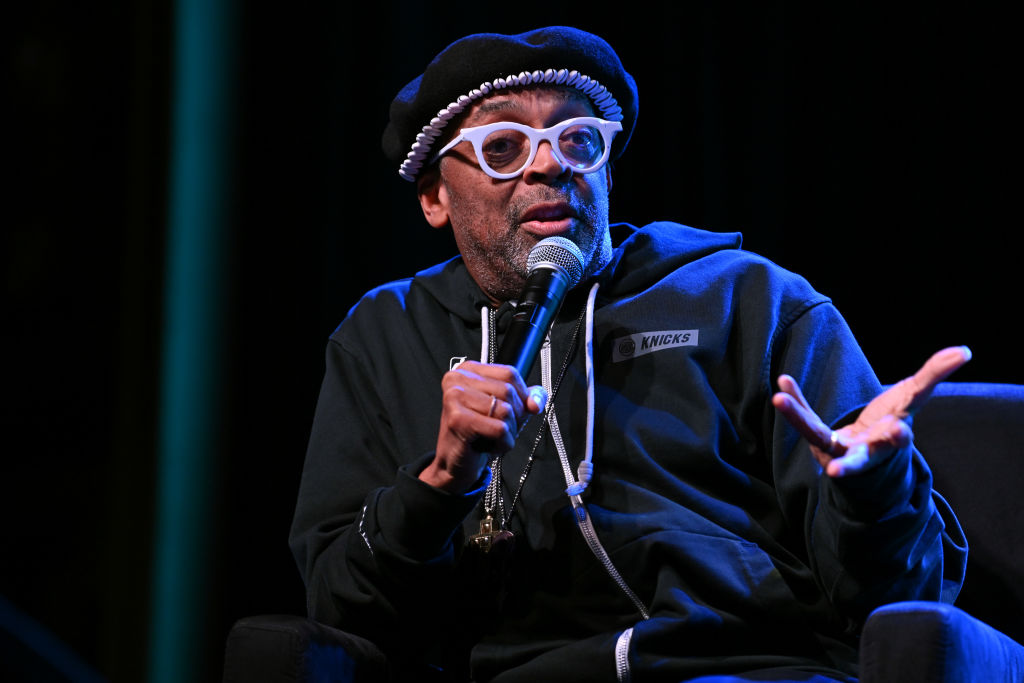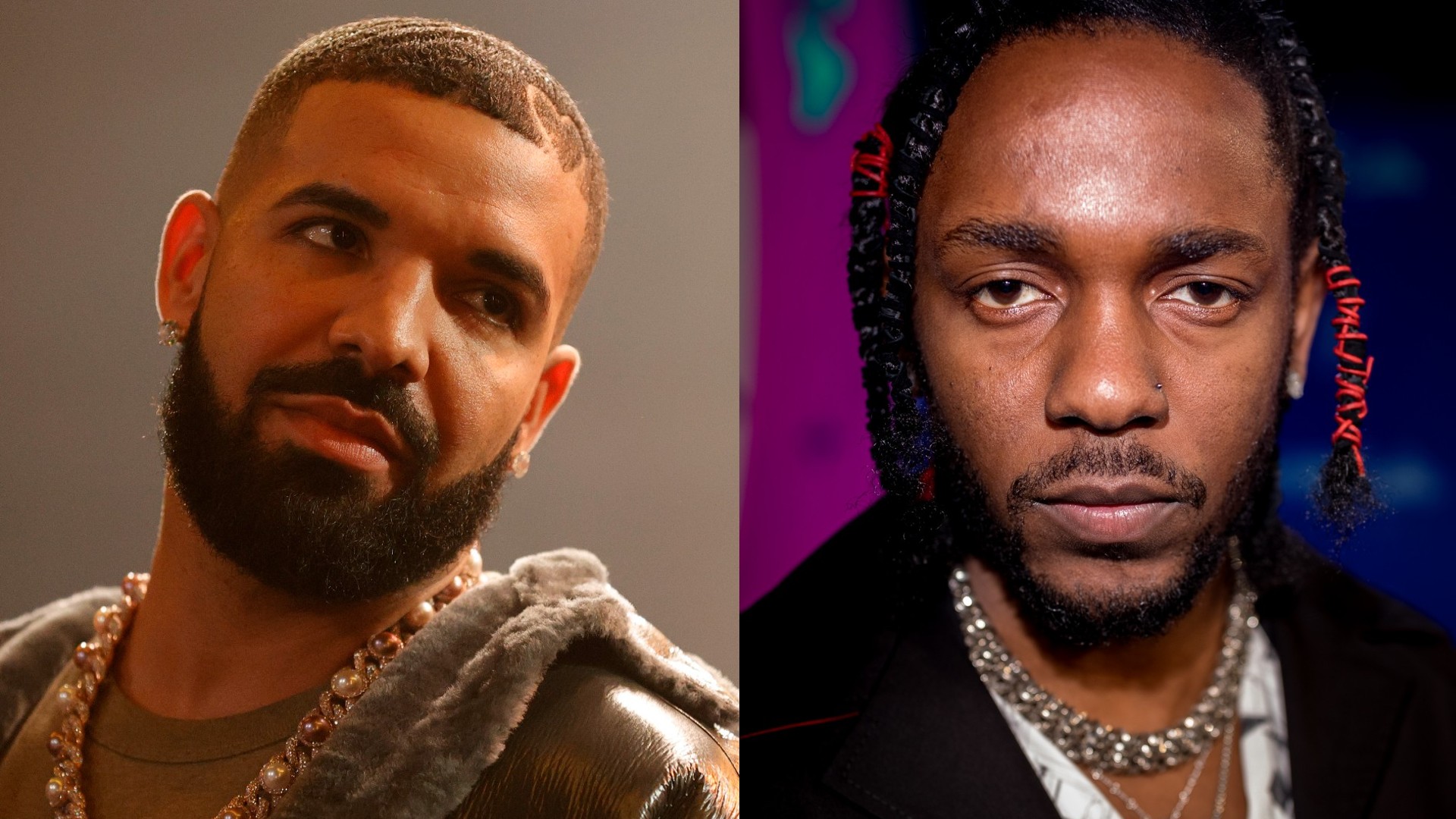A division of the publisher of the Economist has been forced to cancel a high-profile cancer conference at the last minute amid a backlash from speakers and attendees over its association with the tobacco companies behind brands including Marlboro and Benson & Hedges.
Economist Impact, part of the Economist Group, which owns the eponymous weekly business magazine, was due to hold its 10th annual world cancer series in Brussels at the end of the month.
The two-day event, at the Marriott Hotel Grand Palace, is touted as “shaping the cancer-control agenda” and had attracted more than 300 attendees and 80 speakers.
The Guardian understands the event was cancelled because of a backlash against ties that Economist Impact has with Philip Morris International, the world’s biggest tobacco company and owner of the most popular brand Marlboro, and Japan Tobacco International, which owns brands including Camel, Silk Cut and Benson & Hedges.
Last week, the Union for International Cancer Control, the oldest and largest global membership organisation dedicated to taking action on cancer, said it was pulling out of the Economist Impact event “due to its ties to the tobacco industry”.
“This decision stems from the fact that UICC has learned that Economist Impact works with Philip Morris International (PMI) and Japan Tobacco International (JTI),” the union said. “UICC has a longstanding policy of not engaging with the tobacco industry, in alignment with the World Health Organization framework convention on tobacco control. This policy reflects our commitment to public health and our dedication to reducing the global burden of cancer.”
The union, which had been a “supporting organisation” of the Economist Impact event, has more than 1,100 member organisations in over 170 countries and territories.
Mark Lawler, a professor of digital health at Queen’s University Belfast and chair of the International Cancer Benchmarking Partnership, said he was stunned to find out about the links. “Imagine my surprise when I discovered that the Economist Impact, which runs the world cancer series event, which I was due to speak at in Brussels, was supported not by one, but by two international cigarette companies – Philip Morris International and Japan Tobacco International. I was livid and immediately withdrew from the event.
“In what world can an organisation seriously think it is all right to run a prominent cancer event, bringing together world experts, while also taking sponsorship from a company whose product has caused millions of cancer deaths worldwide? Absolutely shocking.”
Dr Wendy Yared, the director of the Association of European Cancer Leagues, said she wrote to the organisers on 16 September, pulling out of the conference.
“I sincerely hope that your colleagues at Economist Impact will reconsider the true Impact it has when it partners with an industry that produces and unscrupulously promotes around the world a lethal product that is responsible for 25% of all cancer deaths globally,” she wrote.
Later that day, lan Hemming, the managing director of Economist lmpact events, sent out an email to inform all speakers that the conference had been cancelled.
“We have noted the concerns of the cancer community about Economist lmpact’s work sponsored by tobacco companies,” he wrote. “We have a long-standing policy that we do not accept sponsorship from tobacco companies for Economist lmpact’s healthcare-related work or events. We respect the choice made by some speakers and sponsors not to attend the summit.”
The Economist Impact website includes branded content, such as a piece titled A Fine Balance. Deliver Change, which is “supported by Philip Morris International” and includes the company’s logo.
Within the piece the tobacco giant is portrayed sympathetically and likened to car manufacturers that developed polluting combustion engines, but are now moving towards cleaner technologies, such as electric and hybrid vehicles.
One passage states: “In a similar fashion, a company like Philip Morris International (PMI) is evolving into a science and technology-driven enterprise, focused on delivering better alternatives without combustion for its customers.”
Another piece, labelled as an advertisement feature, is authored by a senior-vice president of corporate affairs at JTI.
The piece argues that the rising cost of cigarettes, which are routinely the focus of tax increases, is causing consumers to turn to illegal tobacco sources, meaning governments miss out on revenue from legitimate big tobacco companies.
“Where we see the affordability of legal cigarettes pushed beyond the reach of many consumers, especially in these times, we see illegal trade continuing to increase,” the piece by the JTI executive said. “As governments look to limit budget deficits, taking action on illicit trade could prevent the loss of billions of dollars captured by criminals every year.”
The argument against forcing tobacco companies to increase the price of cigarettes is supported by the claim that the French government missed out on €2.5bn-€3bn in excise duties annually, after raising the cost of a packet of cigarettes by 80% between 2010 and 2020.
Previous editions of the Economist Impact cancer series event have attracted brands including GlaxoSmithKline, the Johnson & Johnson subsidiary Janssen, and Merck & Co’s MSD as headline sponsors.
A spokesperson for the Economist Group said: “We respect the choice made by some speakers not to attend Economist Impact’s world cancer series summit. Due to these changes we have cancelled this year’s event.”
.png)
 2 hours ago
1
2 hours ago
1









 English (US) ·
English (US) ·